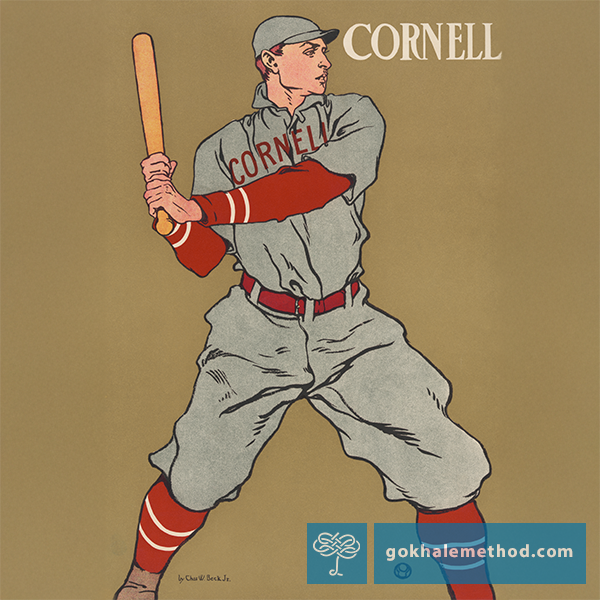Taking the daily classes has helped me perfect the practice and really get the nuances.
I am now able to accomplish the rib anchor, which I was struggling with. Also, the daily motivation that I get from checking in and feeling the energy from the group—it has just been an amazing opportunity.
Elizabeth Kubicki, Gokhale alumna
Humans Learn through Repetition
Learning and internalizing techniques doesn’t always happen immediately — or without assistance from a teacher.
I spent many years developing and perfecting the Gokhale Method Foundations Course. After years of crafting the language, honing the metaphors, and rearranging the order in which techniques are taught, I considered the course well-constructed and comprehensive. I was proud to empower students to be independent in taking their posture journey forward. I was proud to not be peddling products gratuitously, nor to insist students keep coming back for additional lessons.
The results of this approach were not always stellar. Though some students functioned just fine after one go-round of

